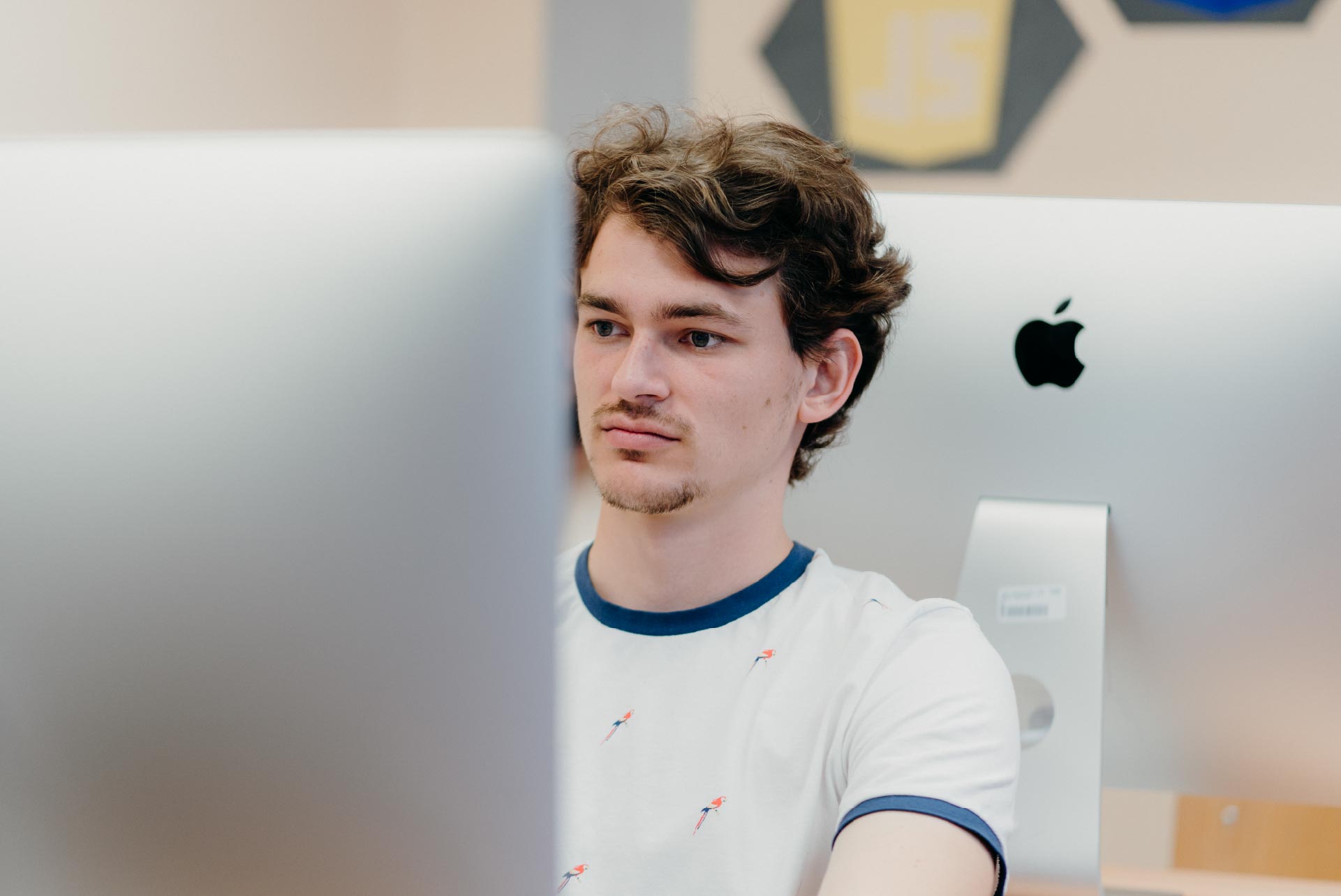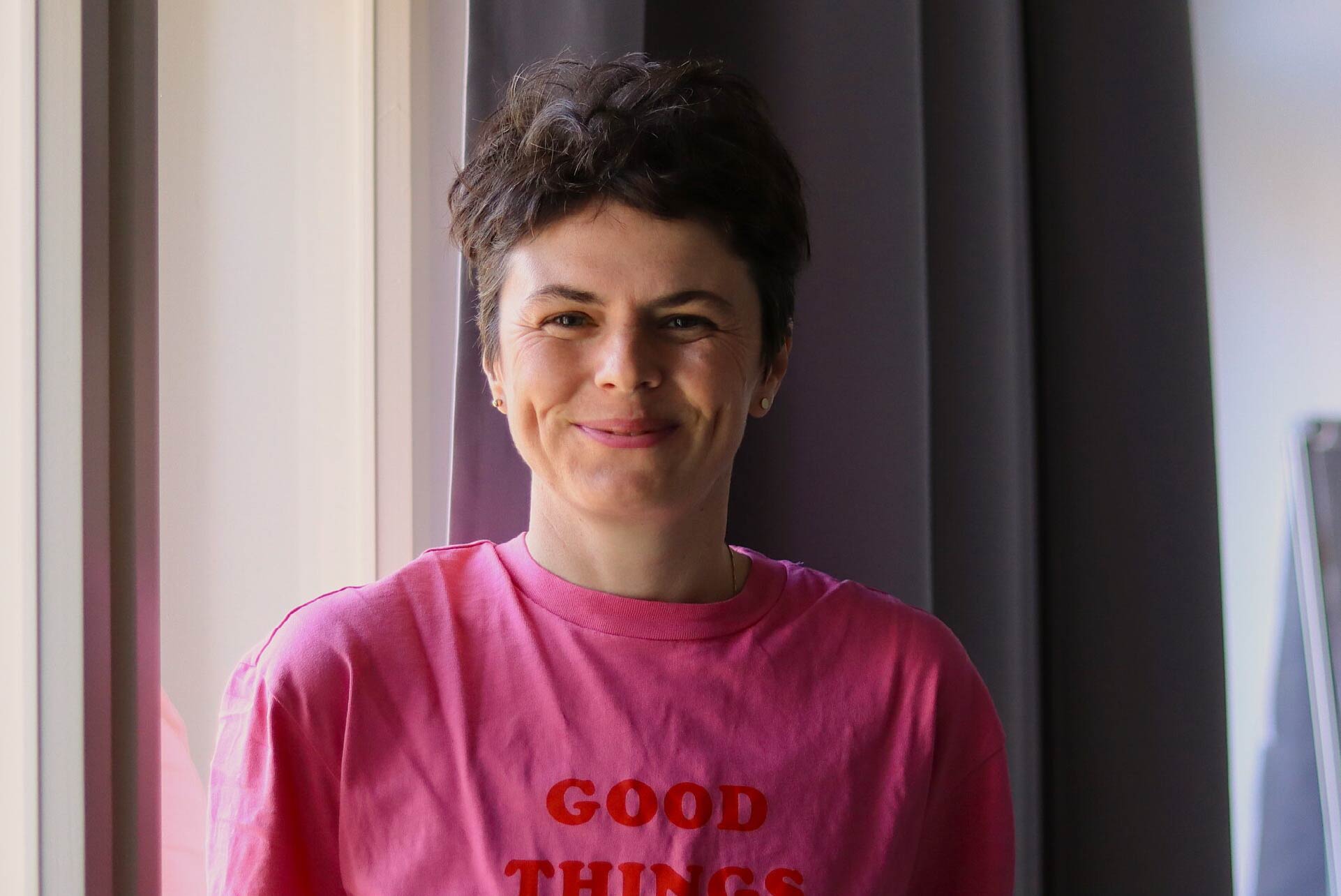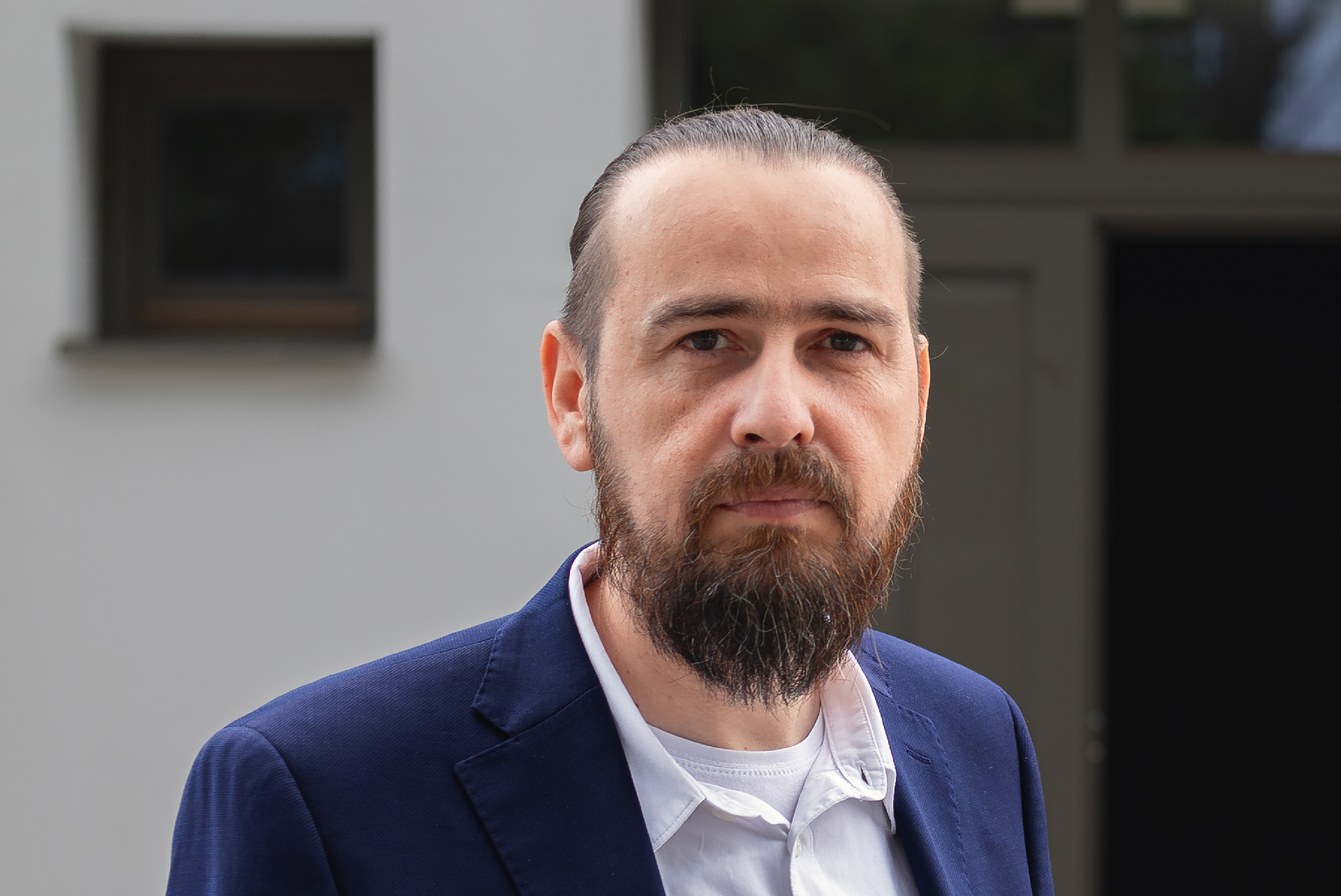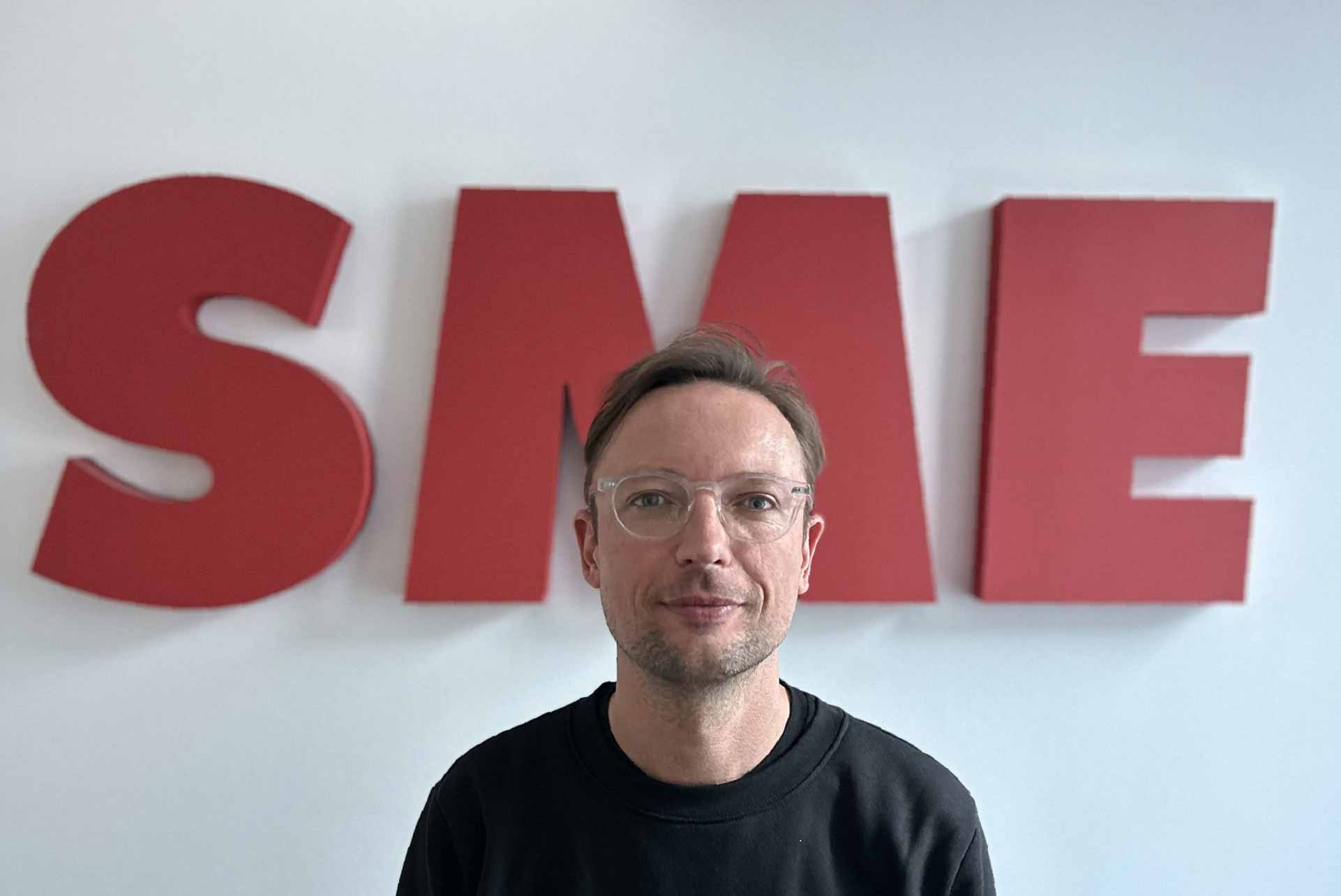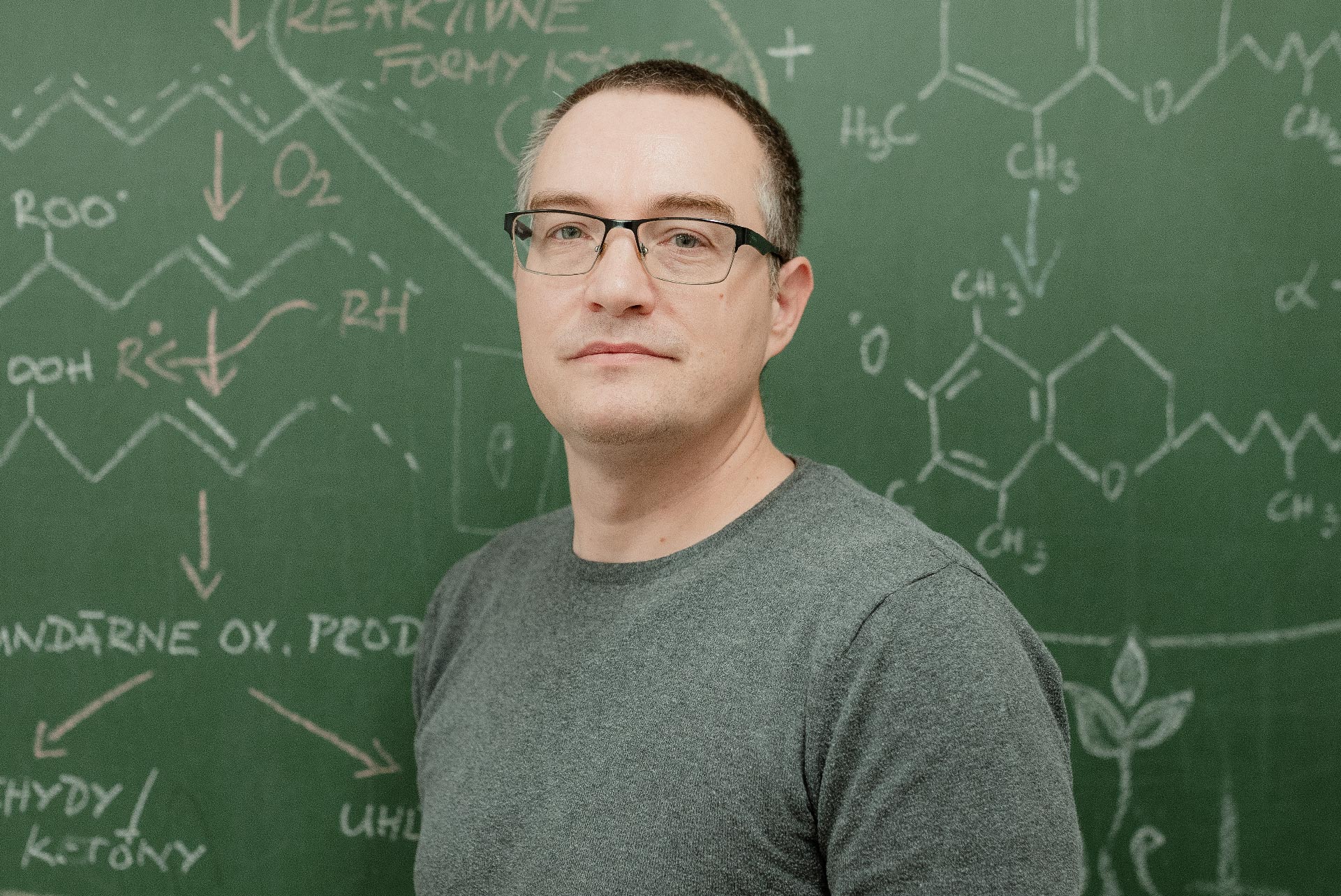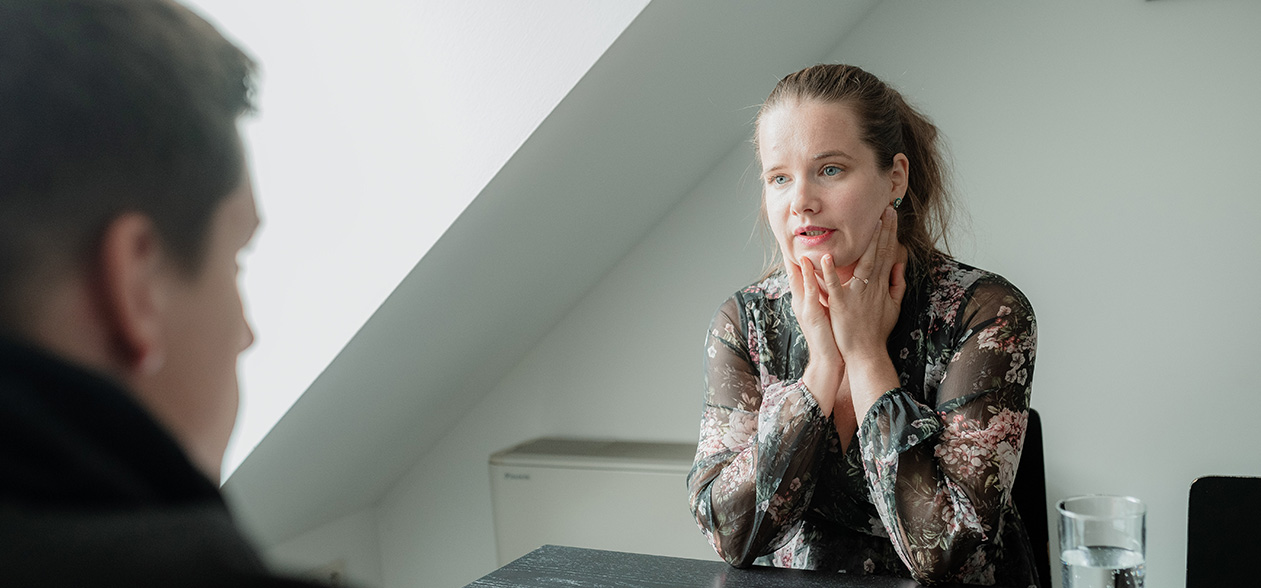
Borárosová from the Bratislava Policy Institute: The Faculty of Social Sciences was led by top experts. They prepared me excellently for all life situations
The day after defending her dissertation, together with her former colleagues from the Faculty of Social Sciences, she took a risk and founded a brand-new non-profit organization – the Bratislava Policy Institute. Today, Ingrid Borárosová, as a project manager, successfully engages not only in sociological and political research but also in many educational projects.
You are a graduate of doctoral studies at the Faculty of Social Sciences at UCM in the study program of European Studies and Policies. What did you study before that?
Political Science. I completed my bachelor's degree in Trenčín and my master's at Trnava University.
Few people have experience at three universities during their studies. But let's move on to your doctoral studies. Why did you choose UCM?
I was very satisfied in Trnava, I had built a support system there, and I still love it. Although I grew up near Bratislava, I’m not exactly the Bratislava type.
To answer your question, the topic of the dissertation in European Studies and Policies at that time was about migration. I had been intensely focusing on this subject since my bachelor's studies. Initially, I applied for full-time study, but others were selected. So I started in part-time studies. Since I was proficient in languages, they offered me a transfer to full-time study after a year.

Did Trnava University not offer a similar topic?
At that time, they didn’t even have accreditation for doctoral studies. I believe I was the last cohort of the master’s program, which was reopened only after several years.
Do you still remember the topic of your dissertation?
Of course, it was originally called Ethnoreligious Conflicts in Sub-Saharan Africa and Their Impact on Migration to Europe (laughs). My supervisor was Associate Professor Jozef Klavec, who is an expert in the history of conflicts, military affairs, and diplomacy.
Later, we modified the topic to have a more practical focus. We focused on how to improve the integration of migrants within the Slovak Republic. I worked on a case study comparing how the most successful countries in this area, such as Portugal and Sweden, handled integration. I also conducted interviews with experts and migrants themselves.
When I was writing my bachelor’s and master’s theses, migration wasn’t a big issue. However, by the time I wrote my master’s thesis, the migration crisis had started in Europe, and this topic suddenly became very relevant. Suddenly, everyone had an opinion on whether it was even appropriate to integrate anyone into Slovak society. Everyone became an expert...

One of the criticisms of Slovak higher education is its lack of connection to practice. How was it in your case?
In this regard, I have absolutely nothing to criticize the Faculty of Social Sciences for. They prepared me excellently for all life situations, partly because it was led by top experts in their fields. For example, my supervisor, Jozef Klavec, was always willing to lead every consultation with me, and the head of the department, Viera Žúborová, with whom I collaborated on several publications related to migration, and later we co-founded the Bratislava Policy Institute.
Ondrej Filipec, an excellent expert in European studies, took me on as an assistant to his lectures. To this day, I haven't seen anyone teach better than him. He was able to present the boring topic of EU law in an incredibly engaging way. Thanks to these people, I was involved in every single activity at the department during my studies—from administration, teaching, and publishing, to project submissions. For someone who entered the non-profit sector immediately after school, this was a very good start.
Besides school, I was also fortunate to intern at the Centre for European and North Atlantic Relations, which was led at the time by Róbert Ondrejcsák (editor’s note: Róbert Ondrejcsák is an analyst, politician, and currently Slovakia's ambassador to the UK).
There, you helped co-organize the Summer School for Young Professionals and the NATO 2020 Conference.
Although this wasn’t exactly my professional area of focus, and I worked there more in managerial support, it was also an excellent experience.

Let’s move from the academic sphere to practice. You are currently working as a project manager at the Bratislava Policy Institute, which you co-founded in 2017 with your colleagues.
It was practically the day after I defended my dissertation, with my colleague and then former department head Viera Žúborová and Michal Vašečka, who taught at the Faculty of Social Sciences for a while. I had met him several times before because he is also an expert on migration. From both a professional and personal perspective, we all got along well, and at least Viera and I, for various reasons, needed to start a new chapter.
Founding a completely new organization requires a lot of courage. How did the idea come about?
We wanted to conduct sociological and political research, but outside the academic environment. I don’t want to offend anyone, but it’s faster, more flexible, and less bureaucratic in the private nonprofit sector. We had an idea of how European think tanks work in the West. There was nothing like that in Slovakia at the time, so we thought we could give it a try.
You mentioned that the original goal of the Bratislava Policy Institute was to conduct research. However, I know that today you also engage in other activities.
When we started, our research filled a gap in the market. No one was conducting focus groups or World Café Discussions here, methods that had been working in the West for 20 years. However, today several organizations engage in these methods. So we had to adjust our direction a bit, although our research activities still persist.
My colleague and I missed teaching quite a bit. At the same time, we had several interesting research findings that we didn’t know how to apply further. For example, the results of our research on antisemitism in the online environment. So we started conducting short workshops and trainings within the Erasmus program, where we educated people from different parts of Europe and tested research findings in practice. The feedback was positive from various angles, so we continue this work today.
I’ve been involved in the topic of disinformation for a long time, and we have published several guides on this topic. We are also part of the Scholar’s at Risk initiative, which aims to help scientists and academics escape countries where they are in danger and find employment in safe countries. This is one of the many projects we collaborate on with FMK UCM. I also work on political education. It took me a long time to convince people that it’s not about partisan education.

What exactly can we understand by that?
It’s about educating people on how political parties work, how to run a campaign, how youth political organizations function, and that they, too, can apply for projects. These entities do a lot of good community work, regardless of where they come from. They aren’t as visible in big politics; quite the opposite, they concentrate more on local communities. It’s a perfect platform for bringing together civically engaged and active young people who can discuss and exchange opinions with each other. There’s no reason for them to be negatively labeled by society.
In addition to all the above-mentioned activities, we are also working on a guide and personal training for people in Slovakia who work with migrants. This was our response to the Russian invasion of Ukraine and the influx of many Ukrainian citizens to Slovakia. This involves, for example, teachers who have Ukrainian children in their classrooms. These children may have trouble fitting into the community, not only because of language or cultural barriers but also because they may be suffering from many war-related traumas. This problem also applies to many healthcare workers.

How do these trainings work?
We try to educate and, in a way, soften their approach. We want them to empathize with these people and know how to proceed in specific cases.
Finding funding for a nonprofit organization has always been extremely difficult in Slovakia, and it’s even more challenging today. How do you operate in this regard?
At the beginning, we had a few grants from Slovak ministries. Today, we mostly function with grants from the European Union, the International Visegrad Fund, or the Erasmus+ program. Since we were a new organization, it took us a year to get going and for them to start trusting us in grant applications.

